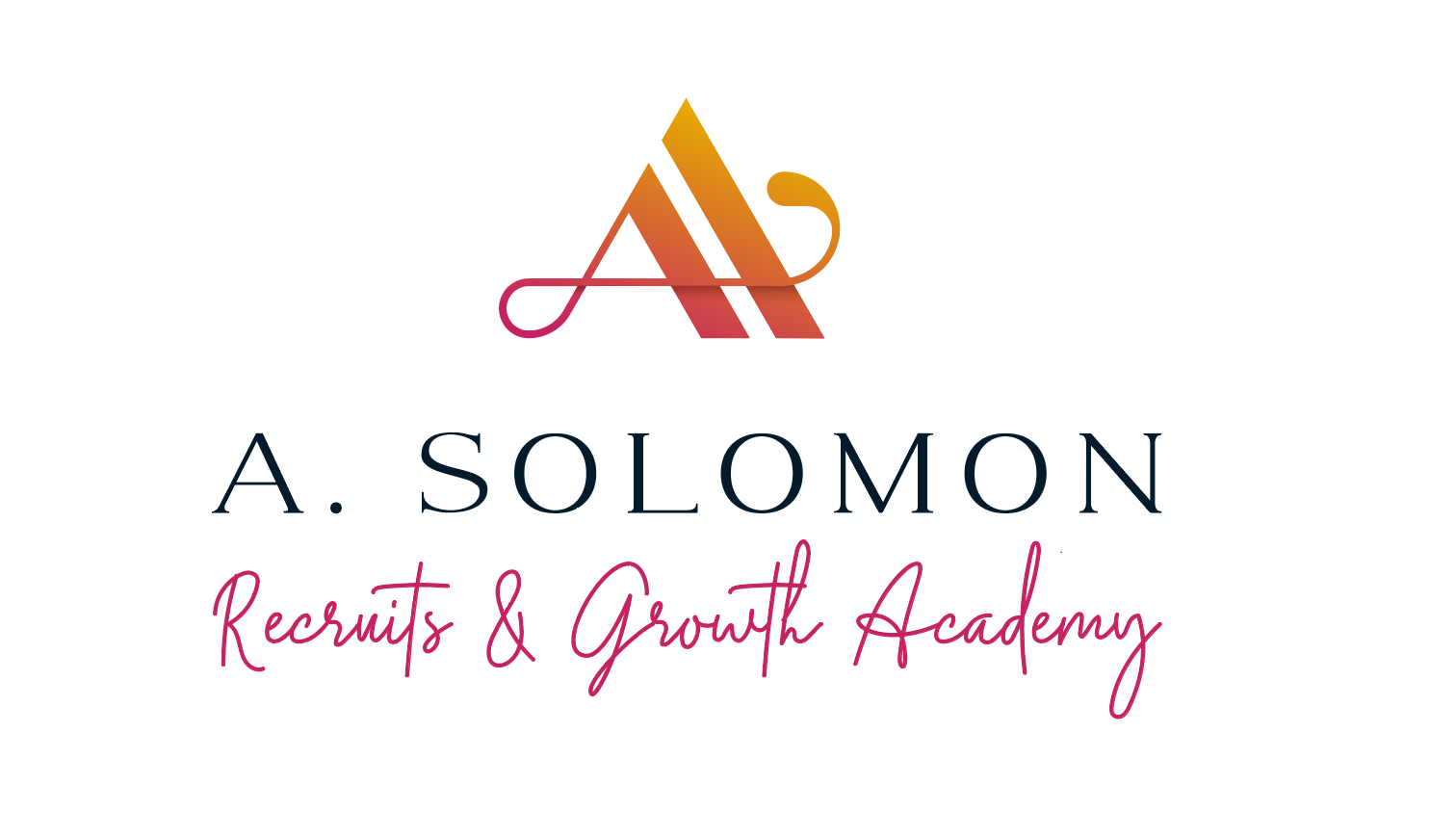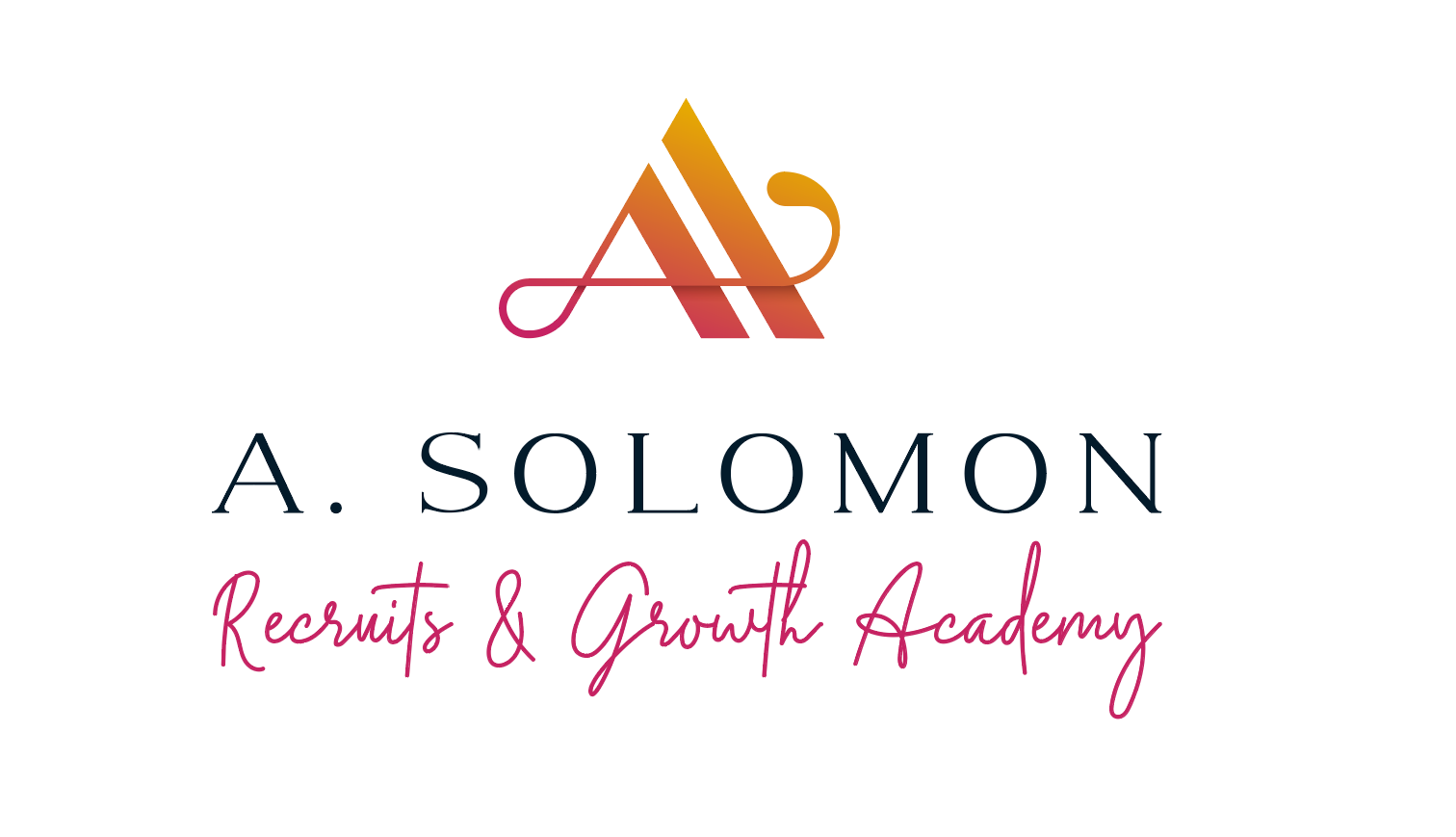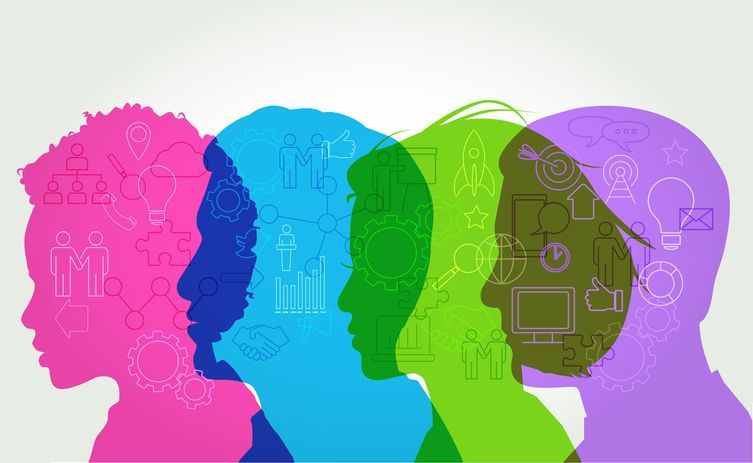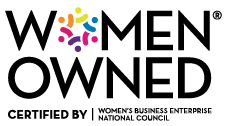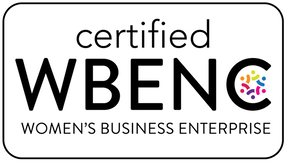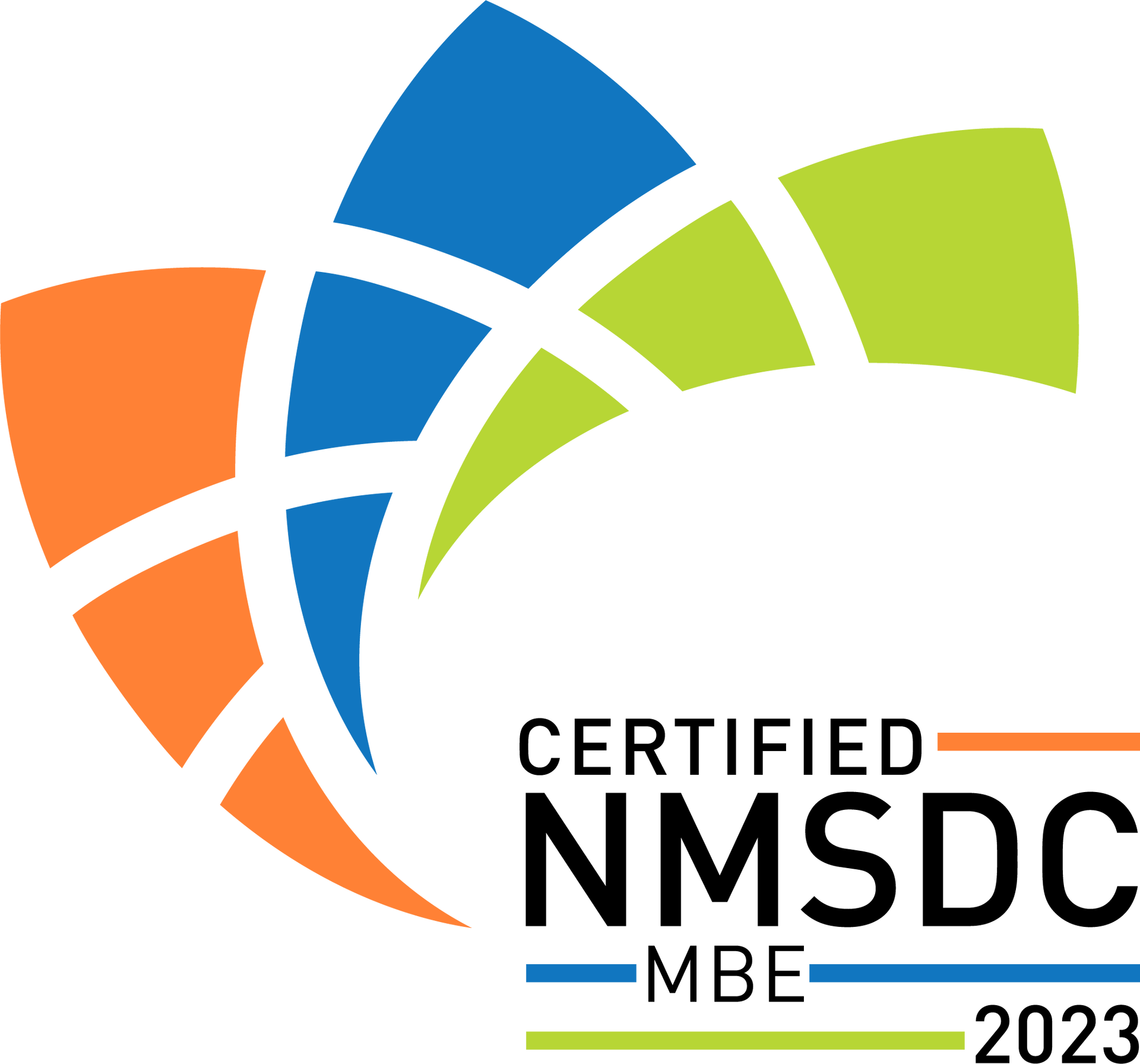The Likening Factor: Part Two
In picking up from last week's article, The Likening Factor", where I spoke about the challenges people of color face when interviewing with finance and technology companies, I felt this topic needed a second part that speaks specifically on the experiences of people of color and women in the workplace as a whole. Companies continue to expect and reward cultural conformity devoid of understanding cultural differences. They are known for the most innovative technology advances and creation of apps for its greater audience all while raking in massive dough. It is also ironic, in that the very environment in which all of this cutting edge technology, and privilege lives, lacks all things diversity and inclusion. This same issue transcends industries and can easily fit for Wall Street, the Fashion Industry, and beyond. Although there are some glimmers of workplace environmental changes, not enough is still being done to applaud it and say now we are onto something. 1) A lot of minorities and women hate to come to work, or have to literally drag themselves out of bed. They are tasked with preparing themselves, and establishing the frame of mind to deal with being subjected as an outsider. 2) The work that goes into code-switching is absolutely exhausting, and many minorities and women have to do just that to be seen and heard. 3) A lot of minorities and women understand that all these factors, that go into "likening yourself" to fellow employees, prove to be isolating, and could even cost you your job!
1) How defeating is it to have to start your day with a job you may like, and the work you may do, but absolutely dreading the people you work with, and feeling like a constant target for racism and type base? In workplace experiences after being hired, Barton speaks on the fact that he had to listen to uplifting music before going to work, to put him in the mind to deal with his colleagues. The turmoil he faced where people would grab their wallets, where security constantly questioned his presence, and where if ideas where not 'likened" to that of your team, you are cast aside and stereotyped as the angry black male. Who's with me, and who's experienced this? This happens plenty, but how can hostile workplace situations, such as the above mentioned, ensure these individuals true success? It can not.
2) Code-switching is when you literally have to leave parts of your racial and gender identity at home to be white, and to be male. Now what this translates to, is black people having to act, speak, and be white. And for women, this means leaving all the feminine stereotypes behind to appear more masculine. Now for women of Wall Street, they have had to become more masculine to be seen and heard. They've made movies about it. Blacks like myself, who recruit, (which is an over the phone business) have had to change our culturally ethnic names, for conventional names such as: Michael, Susan, or Todd. Those who have really succeeded on the street, have had to forfeit hopes and dreams of family and friendships, just in an effort to make a living. As for minorities, dialect had to become more white sounding, and appearance has had to be Europeanized in order to succeed. This has resulted in some extremely damaging effects to our communities, and to our psyche's. Burnout is real, where flourish of ideas and careers are so often diminished as a result.
3) Constant likening and fear of losing your job is absolutely exhausting, and a very real thing for those who have to do this. With the hopes of being accepted, acknowledged, and to have a level of success that can come anywhere close to their white male counterparts, minorities, and women, are in a constant cycle of stripping themselves to be liked and accepted in the workplace. Always having the fear of losing your job, or being seen as the angry black woman, or the hormonal lady executive, forces many of us to continue this death defying tightrope act.
I close out this 2-part likening series optimistic for change but understanding we need to put these issues on the table to dissect and discuss. It is only this, coupled with empathetic individuals, who are in a position to drive change, that we still start to see real change. Companies are losing out big time, because they can't seem to get out of the way of their internal systems that are not simply built to accommodate racial and sexually diverse candidates. It's again okay to sell your technology and apps to people of color, but what's not, is having our say in the rooms that generate these ideas. Just like it’s okay for us to be the dominant consumer of your products, but not be in the concept rooms that decide what products to introduce to the audience. It's okay to sell us your financial products, be advisers to our wealth, but not be on the other side formulating the ideas to maintain it. Tech forward, fashionably fake, and finance savvy, but lightyears behind. The need for plurality of diverse representation is NOW, without having to liken yourself to fit into a mold.
I AM someone who sees incredible potential and opportunity in places where some people don't think to look. Minorities and women are still marginalized in the working world. As an owner of a diversity staffing boutique, my team and I walk alongside our Clients in creating professional environments that are truly for ALL. I believe in our interconnectedness as a human race and strive every day to use my gifts to empower the workplace’s invisible and powerless. I rarely bet on certainty and always root for the underdog because, after all, those are the best stories to tell.
Hi there! Thanks for reading! Follow Angela Solomon on her social profiles! | LinkedIn: /ASolomonRecruits | Facebook: @ASolomonRecruits | Instagram: @A.SolomonRecruits | Twitter: @AS_Recruits | Pinterest: @AS_Recruits

